On the occasion of the 100th Anniversary of Vietnam Revolutionary Press Day (June 21, 1925 - June 21, 2025), Nhan Dan Newspaper had an interview with journalist Le Kien about the "kitchen" stories of parliamentary reporters.
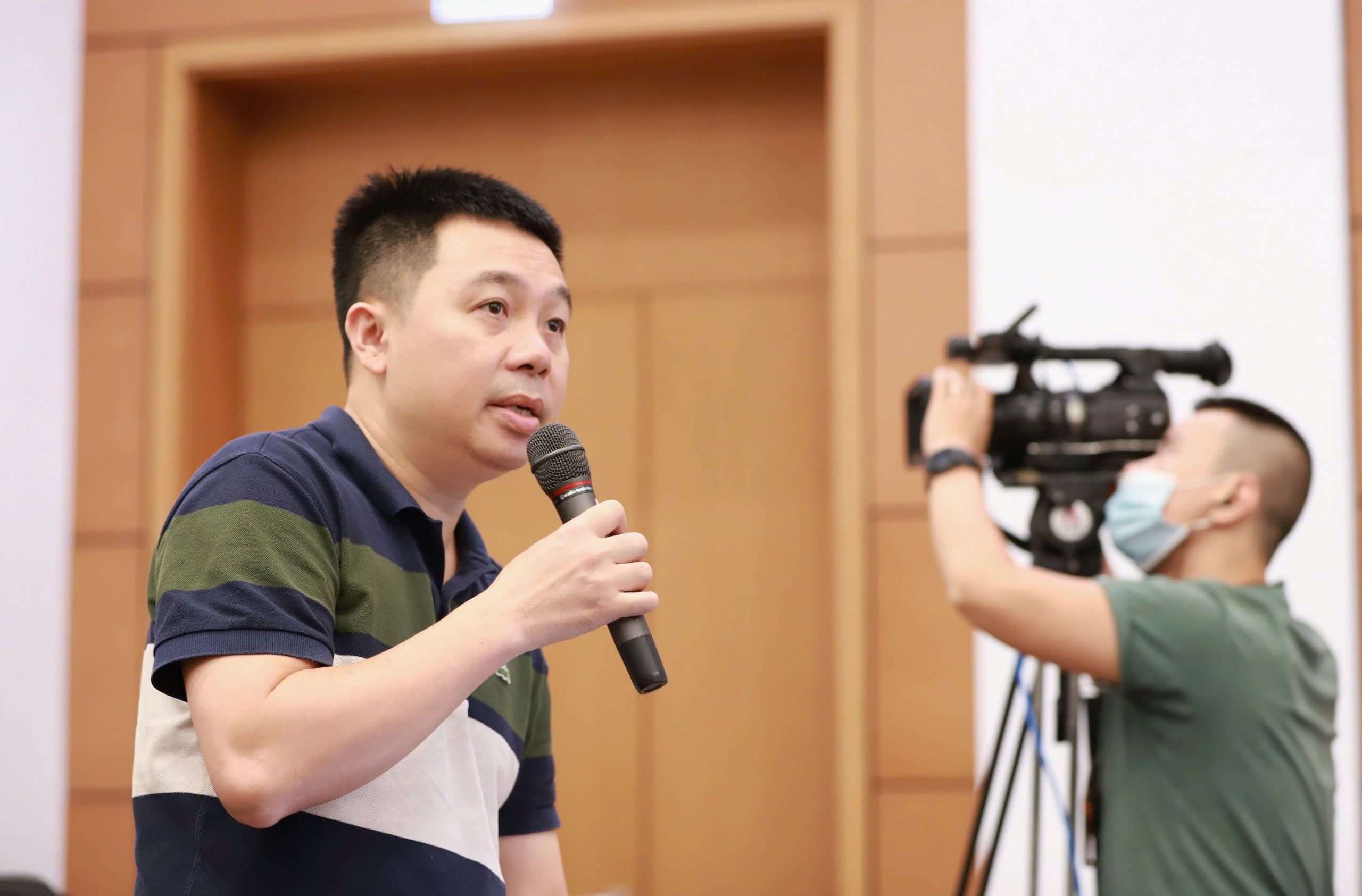
Journalist Le Kien works at the National Assembly .
I do journalism with all my passion and... sincerity.
PV: Please share the reason you pursue the National Assembly position?
Journalist Le Kien: When I was in college, I worked hard to write articles to earn royalties, and also to practice my craft. The topics at that time were mainly in the fields of culture and entertainment, stories about life here and there, artisans and craft villages, I also wrote poems to publish in newspapers... Perhaps I approached the work of a parliamentary reporter by some fate, in my final year of college I applied for an internship at the People's Representative Newspaper (now the People's Representative Newspaper).
The early 2000s was a time when the National Assembly's activities underwent strong changes. The People's Representative Newspaper also changed and developed very quickly. After finishing my internship, I asked to stay as a collaborator and asked for a challenge.
The older brothers and sisters let me follow them, not only to the corridors of Ba Dinh Hall, but also to many provinces and cities to write about the activities of elected bodies at all levels. I thought I had the opportunity to work here, because at the right time the newspaper was developing and needed human resources, moreover, here was a very good opportunity for me to fulfill my dream when I took the exam to study journalism, which was to go to many places and meet many people, to experience many different geographical and cultural areas. Another reason, perhaps the strongly renewed activities of the National Assembly were an "attractive force" for a young citizen like me.
PV: But, when you are just starting out in the profession, choosing a difficult and specific field like parliament is probably not a small challenge, isn't it?
Journalist Le Kien: I chose to do the easy things first, then practice doing the difficult things later. At first, I wrote news, articles, reports on conferences, meetings, handled announcements, wrote about the provinces and cities about the role models of elected representatives, wrote memoirs, reports on the changes in life, in the countryside, in the cities... Then, when the experiences helped me accumulate more, I wrote comments, interviews, dialogues...
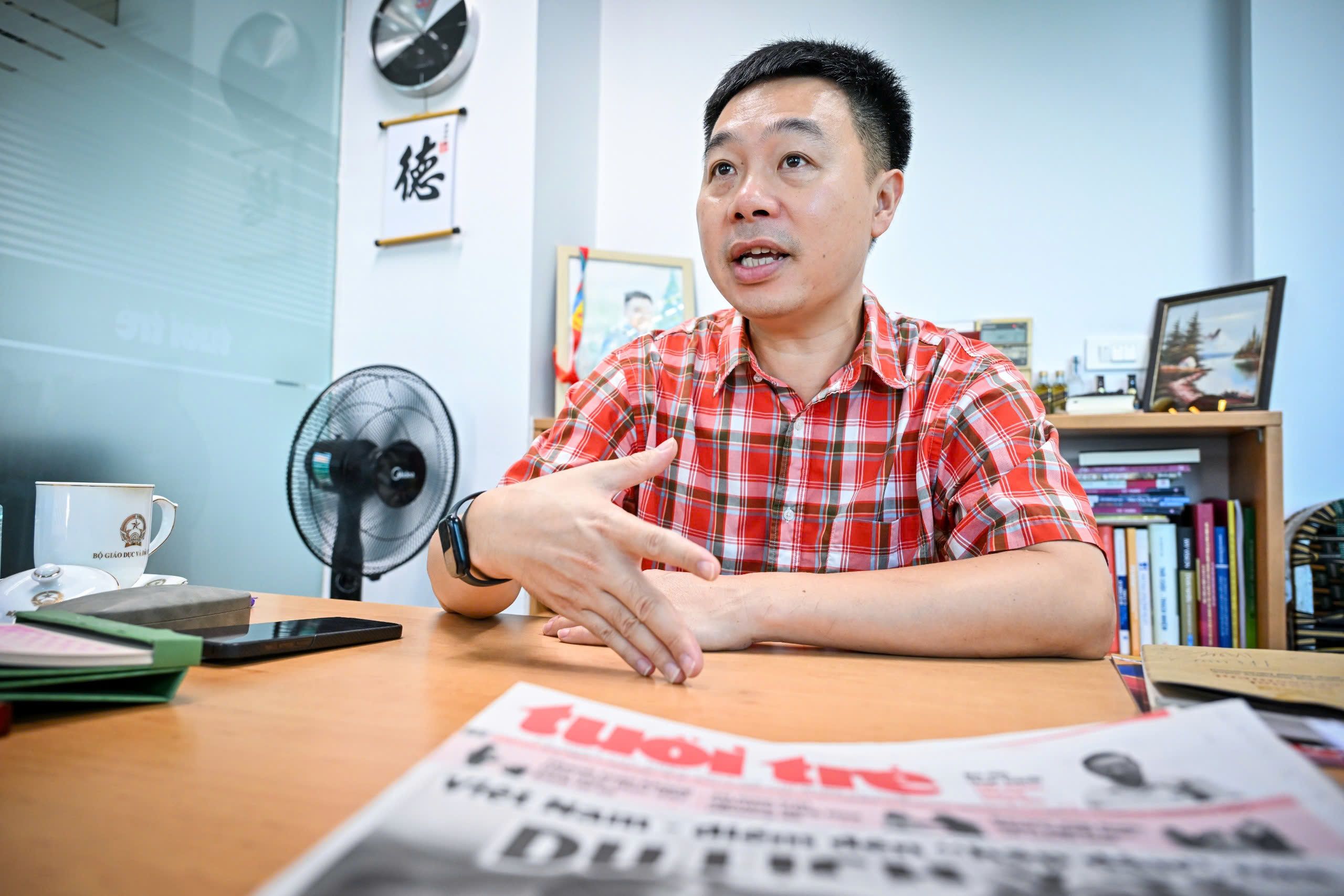
Journalist Le Kien talks with Nhan Dan Newspaper reporter.
If we talk about the "not small" challenge for a new student, in the beginning when he was still a collaborator, without a signed labor contract, the question is where to get the money to go ?
At that time, I often chose to go far away, to the Central Highlands, the Southeast, and most of all to the Mekong Delta. I went to almost all districts of 13 provinces, because going far away was both suitable for my wishes and gave me a lot of space to work. But going far away also cost a lot, I had to work hard to earn royalties, and sometimes when I ran out of money, I had to borrow from friends.
When I had little money, I took the train with hard seat tickets. When I had more money, I bought soft seat tickets or sleeper tickets. When I went to remote areas, I took buses or motorbike taxis. Once, when I went to Bao Lam and Bao Lac districts in Cao Bang, I had to take a ride from the post office . At that time, there was only one trip every 3 days.
I remember, after my 7th trip (one trip lasted 47 days), I received my first labor contract.
PV: How did you overcome the difficulties and challenges?
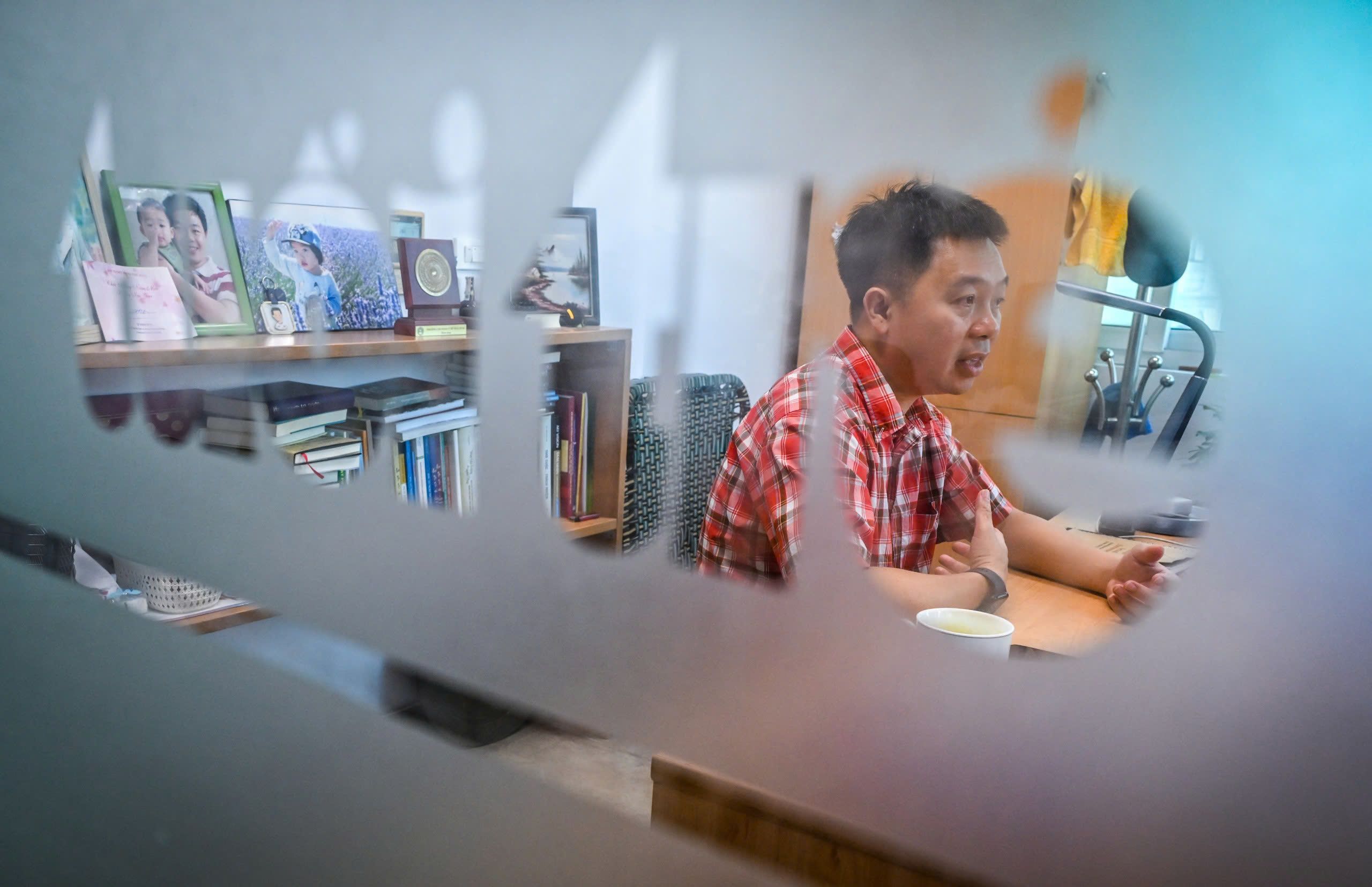
Photo: Thanh Dat
Journalist Le Kien: I was born in a poor countryside, my family did not have the means. When I went to work, I thought I only had one asset: hard work and living with all sincerity . Over 20 years old, traveling to faraway places, with strange languages and cultures, meeting many different people, I always started by saying, " My child/younger sibling/grandchild has just graduated from school, is working at the People's Representative newspaper and was assigned to do this or that issue. I hope to be helped so that I can do my job well, and at the same time be good for the locality." Many interested people also asked, " So, have you eaten and stayed here yet? ", I replied, " When I got off the bus, I stopped here to contact work right away ." I received a lot of support, sometimes being given favorable conditions at the guest house, the public affairs office, some brothers invited me to stay at their house, drink and socialize with everyone...
I think I was lucky, in the first steps of my life, I met many good people, received a lot of help, which later became close relationships, especially when I first started my career, I went to many Southern provinces, so I was very grateful to many generous and kind Southern uncles, aunts, brothers and sisters who took care of me and shared with me. Thinking about those times, I am grateful for my career, because if I had not chosen journalism, I probably would not have had such experiences and happiness. You can go anywhere if you have knowledge, and more importantly, sincerity.
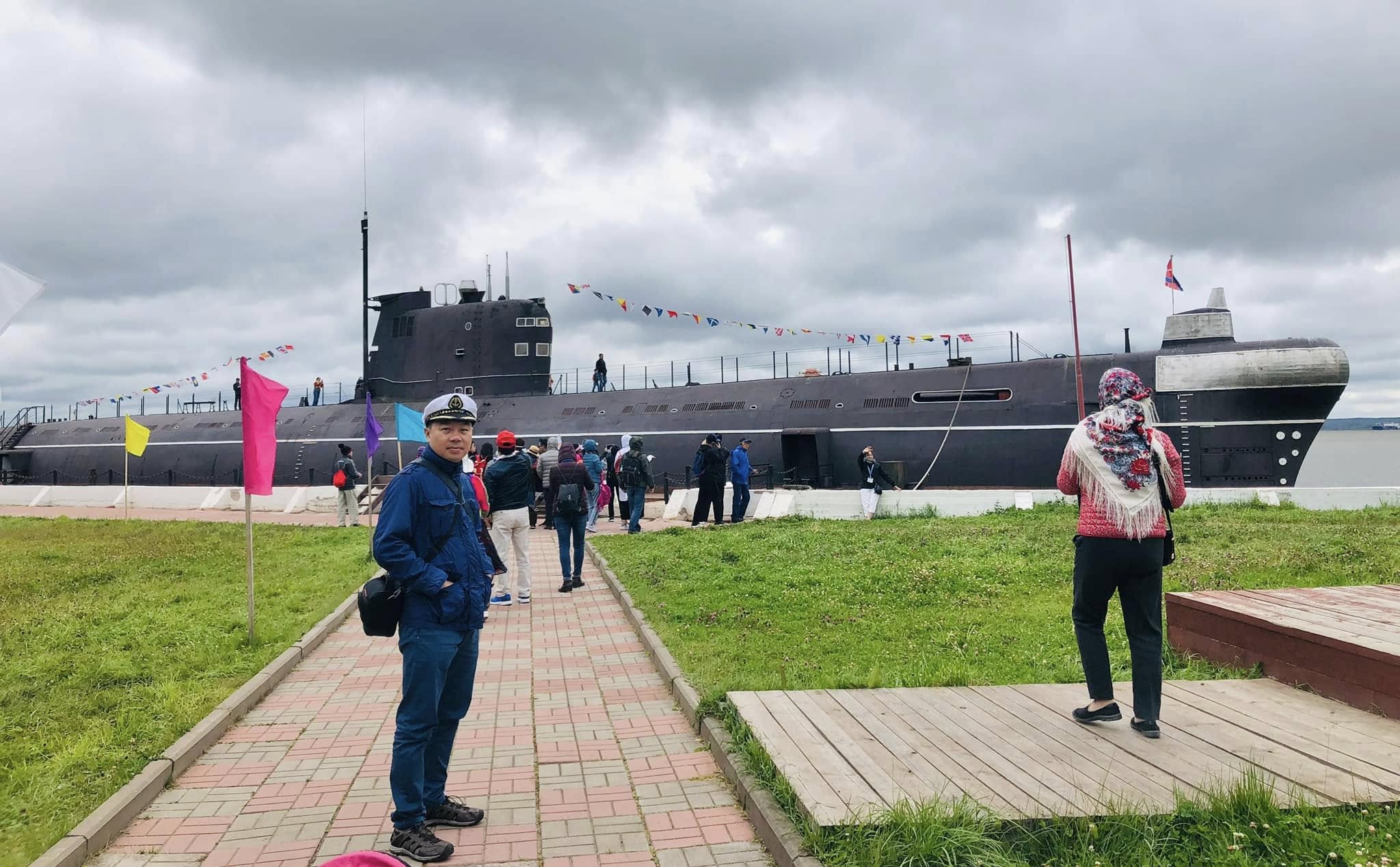
Journalist Le Kien on a working trip to Russia.
PV: After this period, how did you continue with your choice?
Journalist Le Kien: When I became an official reporter, everything was much more comfortable, business trips were more convenient, and I was assigned more important topics. When I was assigned to write about the activities of the National Assembly, I was attached to the corridors of the National Assembly Hall, the meeting room of the National Assembly Standing Committee, for more than 20 years without missing any session of the National Assembly or meeting of the National Assembly Standing Committee. I have worked for 3 newspapers and my relationship from the beginning still tied me closely to parliamentary activities.
As the National Assembly delegates still say that the parliament is a great university and extremely valuable to their lives, as reporters following the parliament, we get to attend, report and to some extent participate in that school.
When I go to work, I think I only have one asset : working hard and living with all sincerity .
Journalist Le Kien
Parliamentary reporters must have knowledge and standards.
PV: How is the work of a parliamentary reporter different from other journalism fields, sir?
Journalist Le Kien: If a reporter wants to write about something, he must really understand it to be convincing. So, journalism in each field is different.
The National Assembly is a place for discussion to decide on policies, laws, and major national issues, which are of national importance and people's livelihood. The content is diverse, so it requires a lot of comprehensive knowledge. Therefore, to understand, one must read a lot of documents. In the past, the National Assembly provided paper documents, but in one session, a delegate could receive dozens of kilograms of documents.
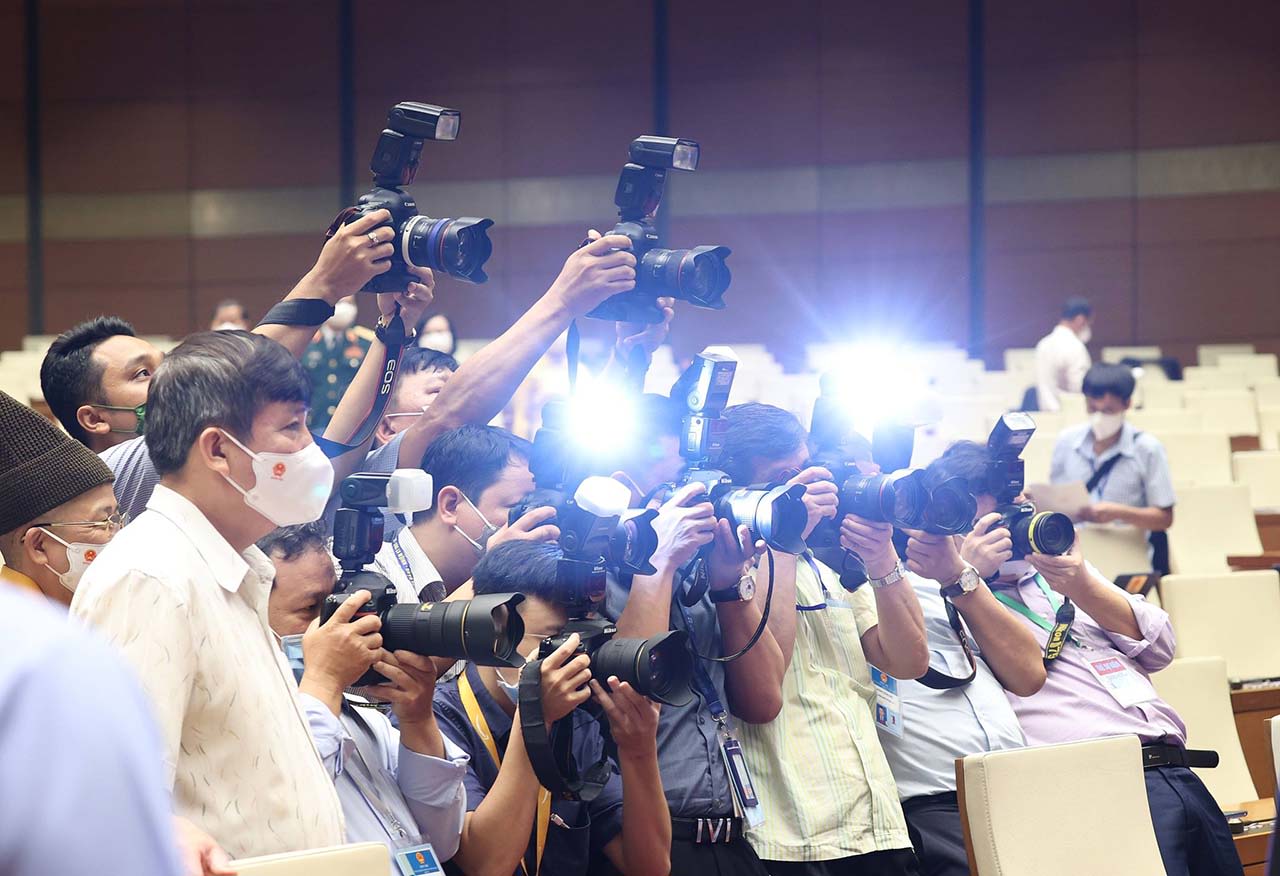
If a reporter wants to write a good parliamentary report, he must read like a delegate, and must study, compare, and contrast the contents, opinions, and foreign experiences to understand the nature of each issue. And I think that reporters who follow the parliamentary news should not just give the surface information without the inside. That way, it will be impossible to write a good article.
Second, the parliament is a professional political environment with many sensitive issues, so parliamentary reporters must be meticulous . Not only in their speech and attire when coming to work, but also in their behavior and reporting. The parliament has many "heated" moments due to the "collisions" of different viewpoints and ideologies being debated. Outside public opinion can "praise" this opinion, "bury" that opinion. But journalists must report in a balanced and objective manner, and when choosing, of course, they must choose what they think is right. I also want to say that, at certain times, on certain things, sometimes what is right is not necessarily what is supported by the majority.
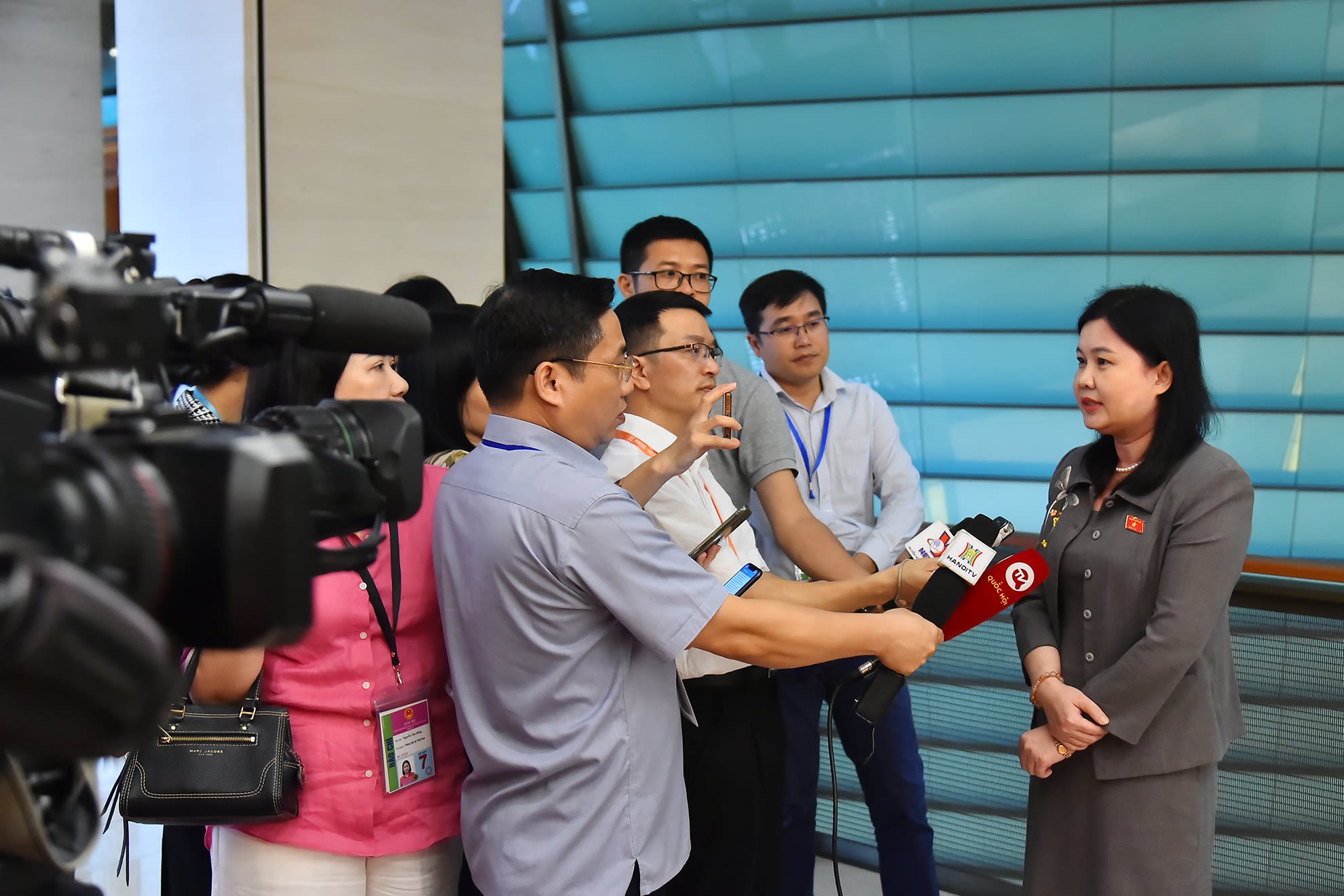
According to journalist Le Kien, reporters following the parliament need not only knowledge but also sincerity.
I think, as a reporter, especially a parliamentary reporter, you have three things you need to control well: first is to control information, second is to control emotions and third is to control words. To control information, you must have sources of information, be able to distinguish between real and fake news, and evaluate the nature of information. Control emotions so that when the heart is hot, the head must be cool as the ancestors taught. Control words to choose the most effective way to express the work.
Parliament is a professional political environment, with many sensitive issues, so parliamentary reporters must be STANDARD.
Journalist Le Kien
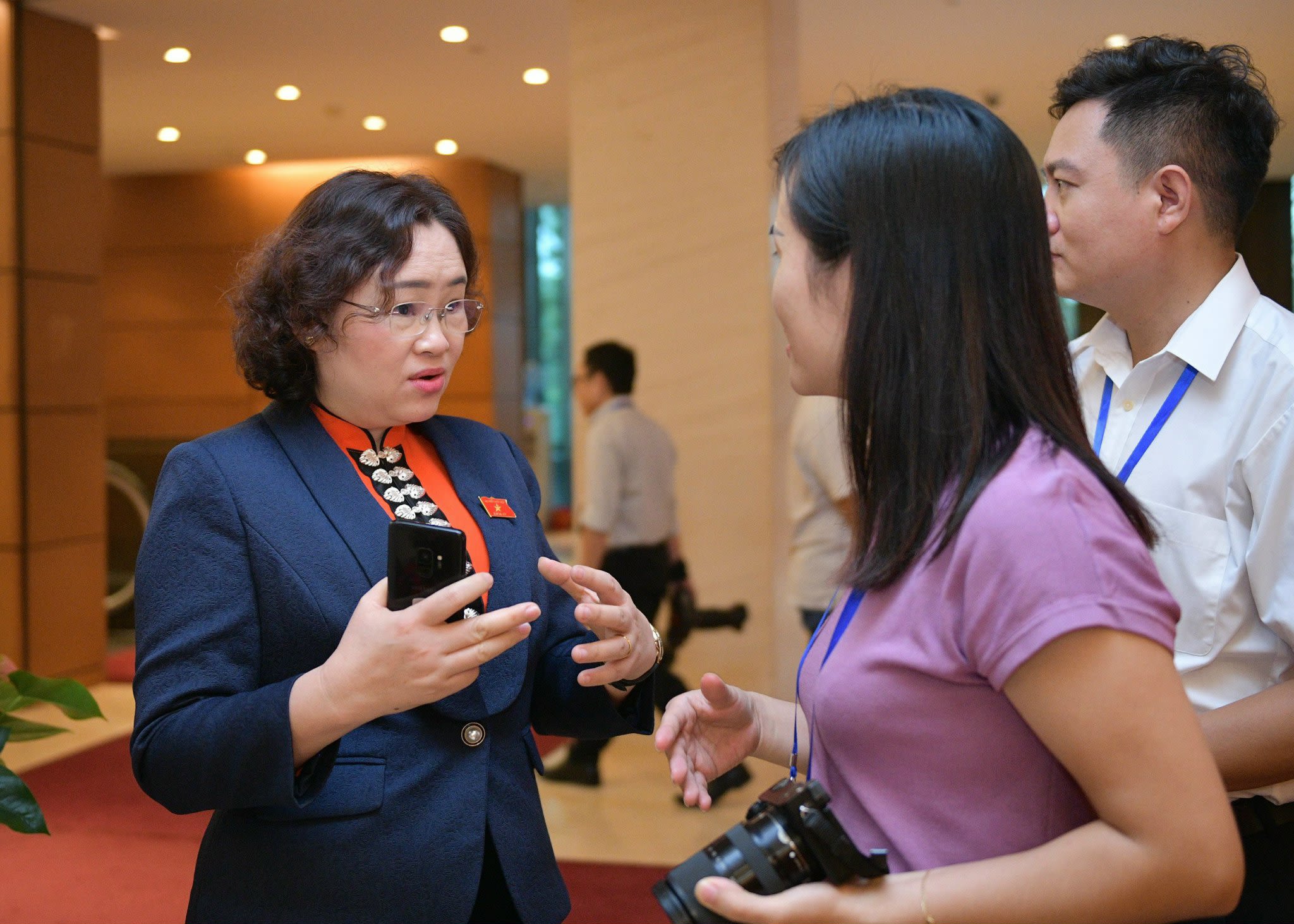
According to journalist Le Kien, the parliament is a standardized environment so parliamentary journalists also need to be standardized.
PV: If you had to tell a memory, what would be your most memorable memory?
Journalist Le Kien: The first memories are always memorable. Regarding what I am talking about, I remember the first time I learned to write an article about the situation of the law coming into life, I went to the Mekong Delta and then wrote the article "If the law is properly enforced, traffic will stagnate" to talk about the 2004 Inland Waterway Traffic Law. This is a law with many new and progressive regulations, especially the regulations on the conditions of vehicle operators..., but in reality at that time it was very difficult to meet. In the Mekong Delta, there are hundreds of thousands of small waterway vehicles, the operators are mostly elderly people who cannot study and take exams to get certificates, and children are not old enough to take the exam...
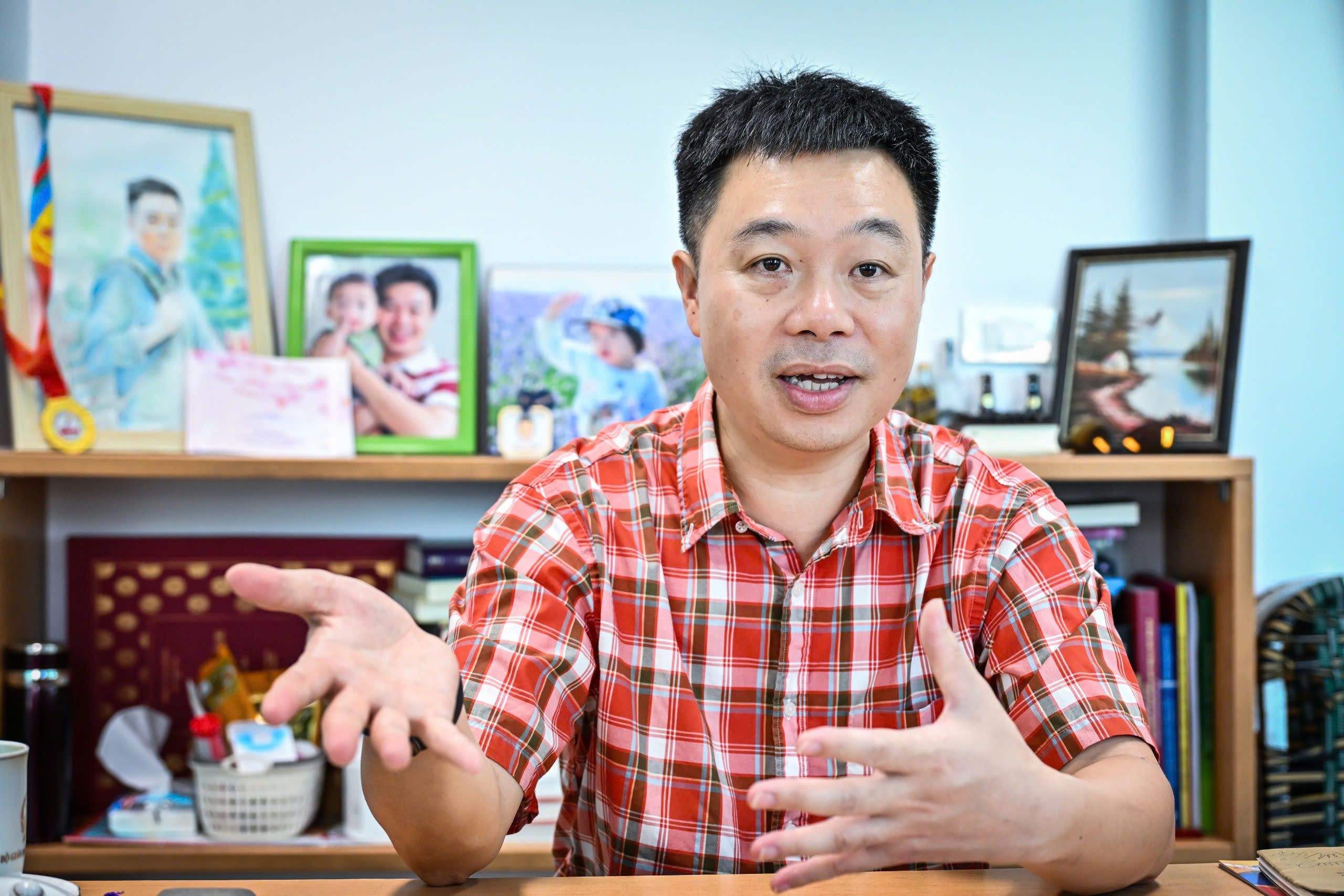
Two days after the article was published, my boss called me and told me that he had just been “shave”. Some leaders were not satisfied with my article. “You are a newspaper of the National Assembly, but you criticize the National Assembly so directly? ”, a leader said to my boss. At that time, I thought a lot and was also… very worried. I am a reporter of the National Assembly newspaper, and I had just signed a contract, but the article had such an impact.
A few days later, I went to the hallway, just as National Assembly Chairman Nguyen Van An was passing by. I ran after him, grabbed him and told him the story. “So, is what you wrote correct?”, he asked. I replied: “Sir, that is the truth, I have recorded the reality in Ca Mau and Bac Lieu” . He thought for a moment, then said: “ Then you have nothing to worry about. The law must be put into practice to be a good law. If the National Assembly is wrong, voters and the press will reflect it so that the National Assembly can make adjustments” . I was truly grateful to him. Later, when I had more opportunities to get closer to him, he often confided in me many things about parliamentary activities, legislative principles, state organization, literature, religion… To me, he was a technocratic leader and a philosopher.
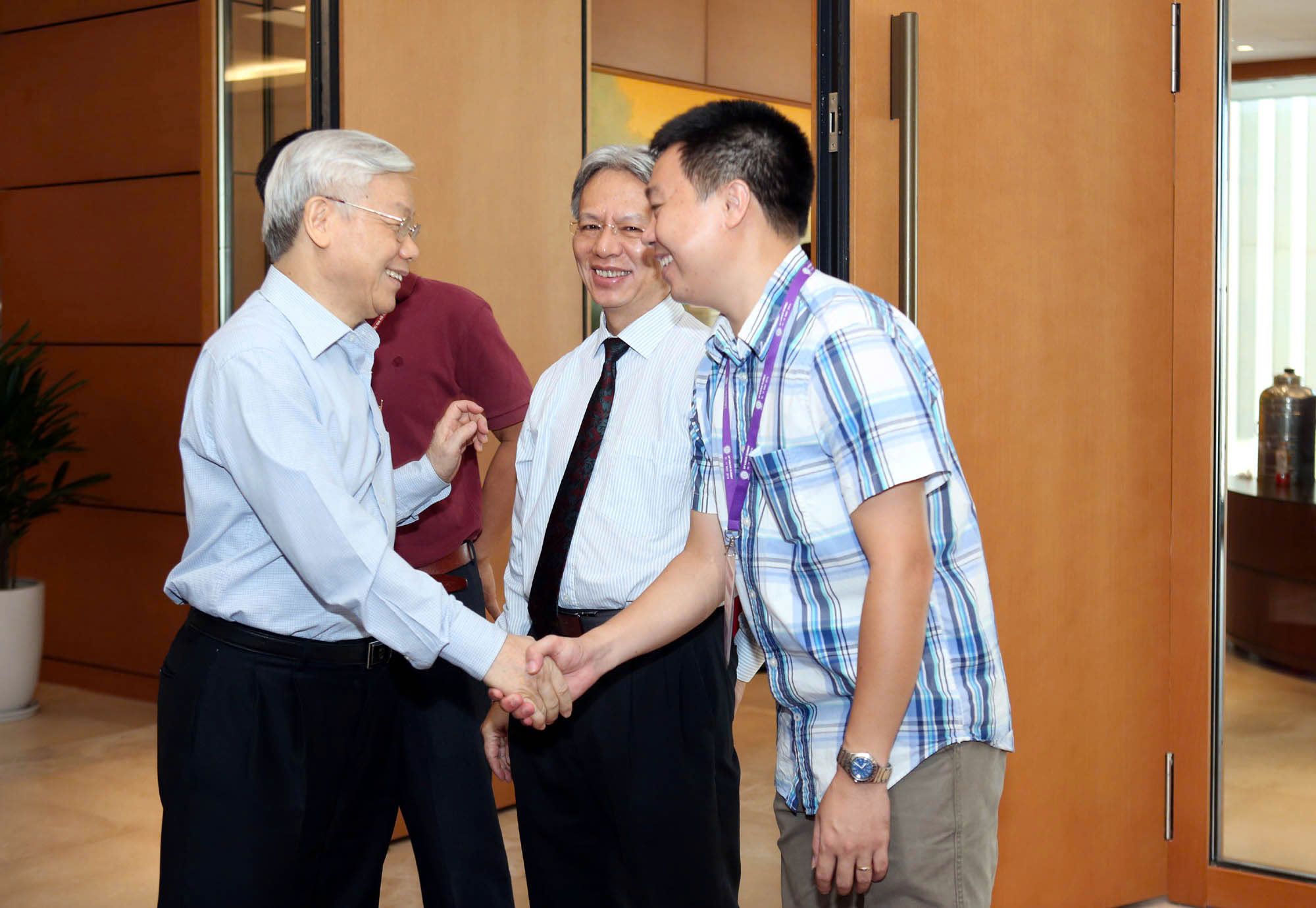
Journalist Le Kien (right) shakes hands with General Secretary Nguyen Phu Trong in the hallway of the National Assembly.
PV: With more than 20 years of following parliament, in your opinion, what qualities are needed for a reporter in this field?
Journalist Le Kien: With my personal experience, I have said it all above. For me, sincerity is a necessary quality and thanks to it I have gained a lot, both for my career and my life. For journalists, especially parliamentary journalists, facing so many complex contents and fields, I say what I know, and ask what I don't know, I don't hide my ignorance.
Second, we must read diligently and constantly learn. Recently, with the development of social networks, sometimes some young reporters spend a lot of time online. But in my opinion, it is a complex information environment, not enough knowledge to form a mindset about a certain field, not helping us much in the process of doing journalism. Reporters must read diligently, through books to equip themselves with essential knowledge, form a mindset; to fully understand the historical nature of an issue. We must read, read everything, refer to both knowledge and schools, international viewpoints. As mentioned, behind every issue is a theoretical foundation.
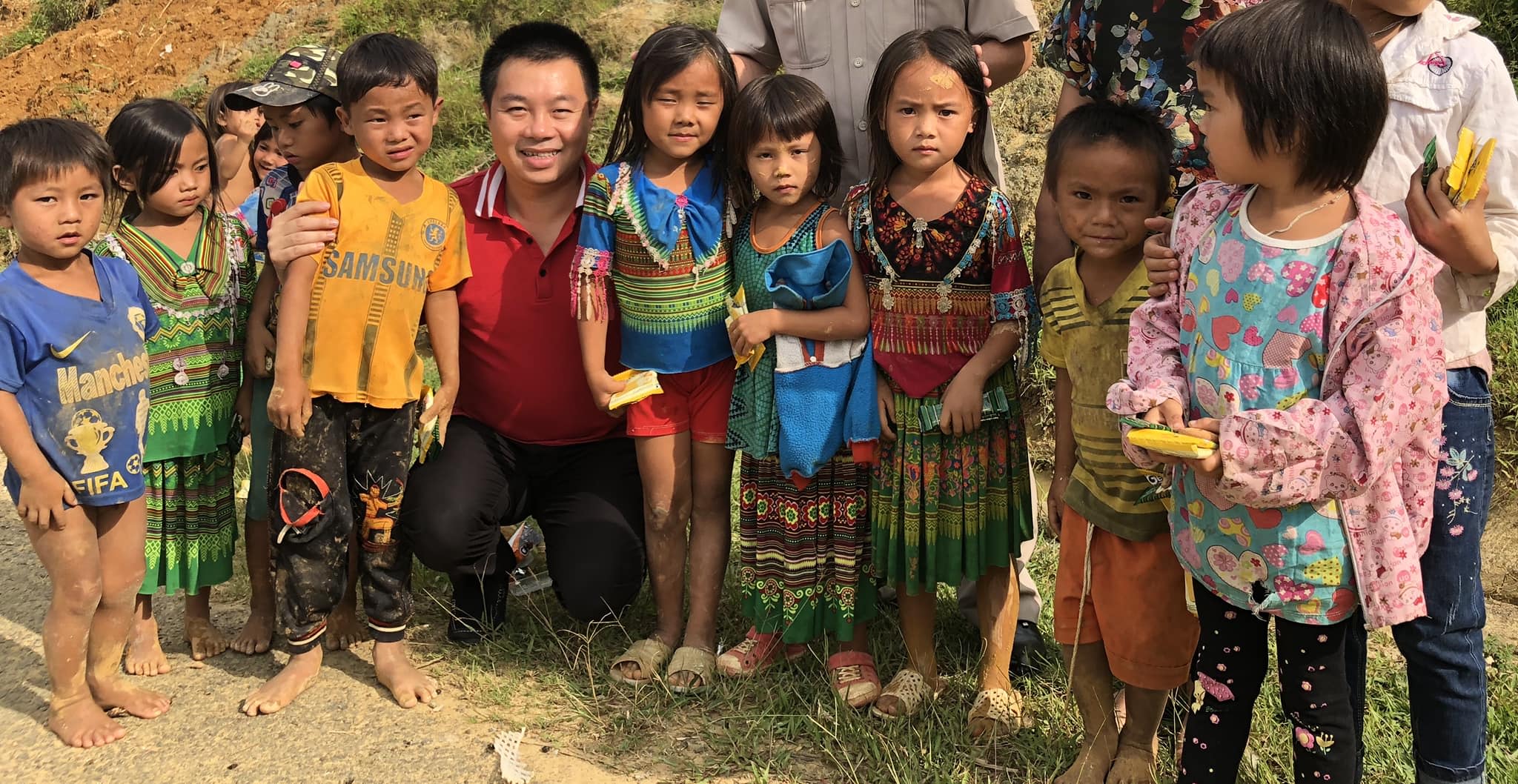
Journalist Le Kien on a reporting trip in the Northwest.
I was also lucky to have taken every opportunity to meet veteran journalists. I met, interviewed, and listened to advice from Mr. Thai Duy, Mr. Huu Tho, Mr. Do Phuong… They are living histories and giants in the profession. Every time I met them, I felt like I was looking at a tall tree, and I felt like I was being given more motivation for my career journey.
Finally, as a journalist, you must have the qualities and skills to create sources and “nurture” sources. And to have sources, you must be trustworthy.
Journalist Le Kien
The press is a bridge of information from the parliament to voters.
PV: How do you evaluate the role of parliamentary journalism in promoting transparency and accountability of legislative bodies?
Journalist Le Kien: I had the opportunity to participate in an exchange with newly elected National Assembly Deputies. At that time, I shared: The press is a very important bridge to parliamentary activities, contributing to enhancing the dissemination of information, especially enhancing the transparency and accountability of the authorities as well as each delegate.
If the Dien Hong Hall is “closed” , voters and the People will not be able to hear what their representatives have to say. The Dien Hong Hall door, opened through the mass media, will be a bridge between delegates and voters, between the National Assembly and the People, so that voters can exercise their right to supervise their representatives who are shouldering national responsibilities.
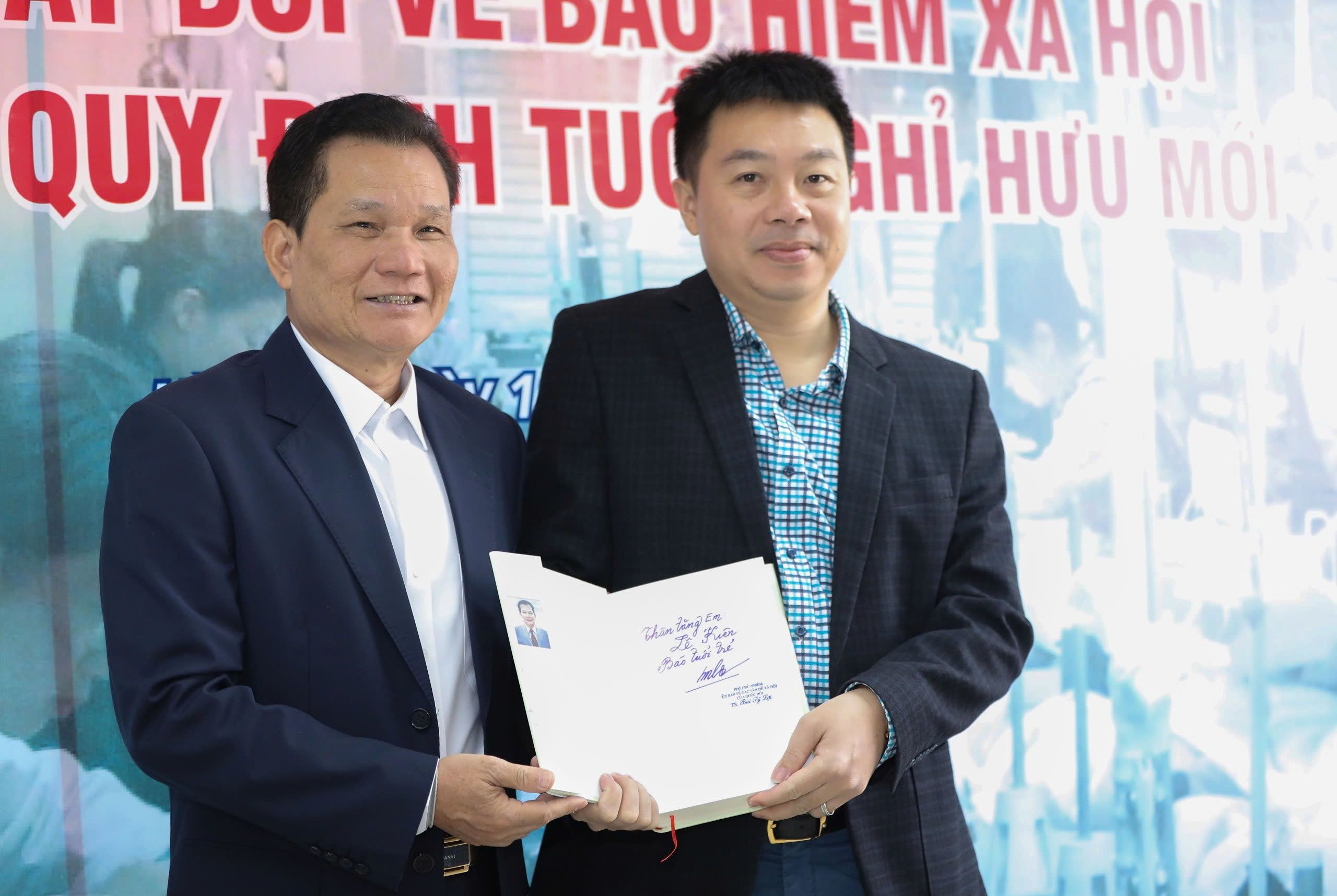
Journalist Le Kien (right) receives a book from Mr. Bui Sy Loi, former Permanent Deputy Chairman of the National Assembly's Committee on Social Affairs.
PV: What advice do you have for young reporters who want to pursue a career in parliament?
Journalist Le Kien: If I had any advice, I would recommend two factors: Passion and Honesty .
Passionate about the profession. Passionate about reading, learning and accumulating knowledge. Passion to create motivation. If you want to "live and die" with the profession, then be passionate about it. Second, journalism requires honesty. You must not do anything wrong that will make your conscience ache. Journalism, besides glory and happiness, also has many difficulties, risks, and even temptations. The journalism economy is now difficult, affecting the professional activities and lives of those working in the profession. Therefore, only true passion and love for the profession can create our uprightness and help us not fall.
If after a few years of trying out, you find this job too difficult or too boring, you should probably find another job opportunity soon. Choosing journalism as a career is not an easy choice.
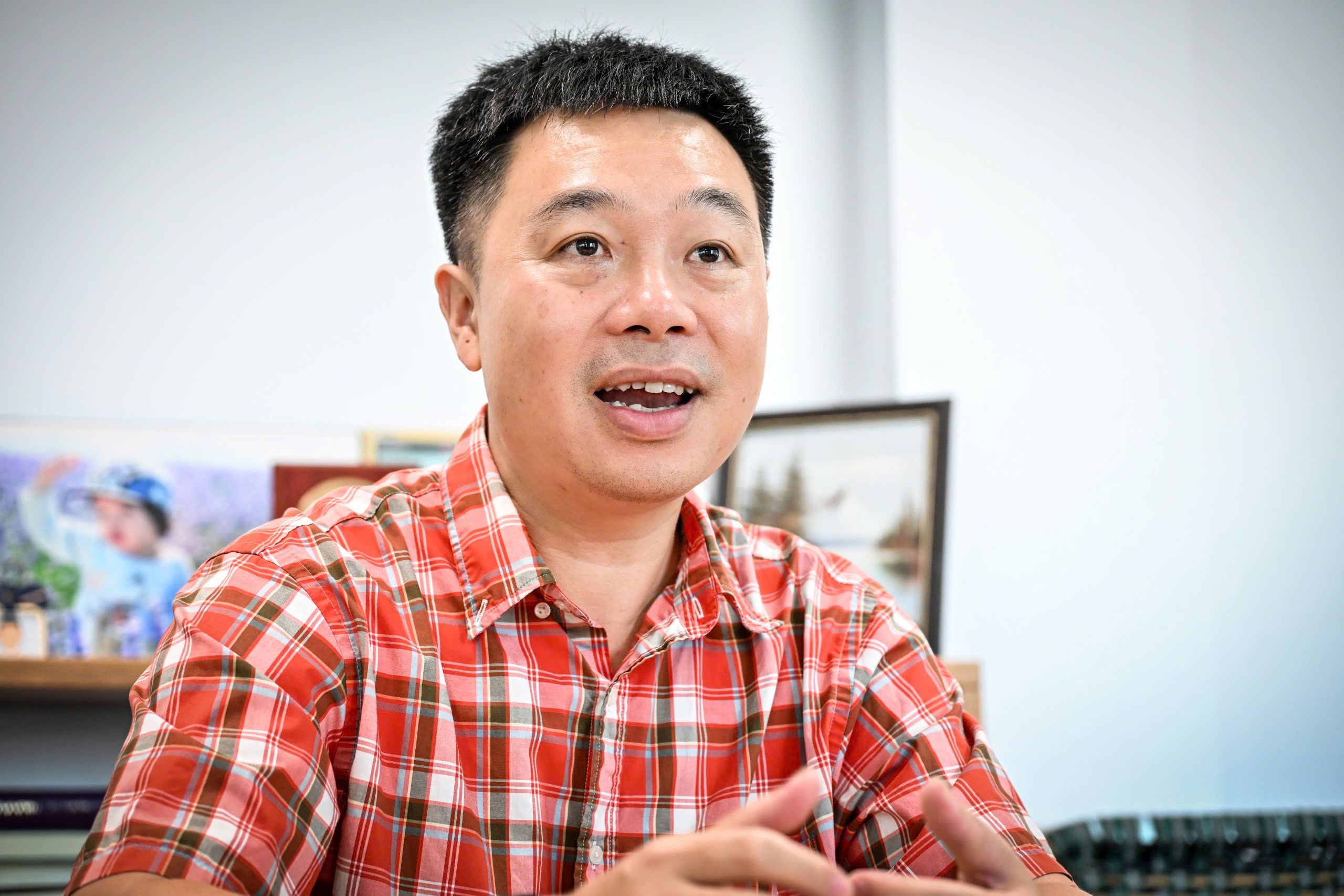
Choosing journalism as a career is not an easy choice... (Photo: Thanh Dat)
PV: Looking back over 20 years of working, what do you think is the greatest thing you have received? If you had to choose again, would you continue your career as a parliamentary reporter?
Journalist Le Kien: I came from the countryside to study journalism with the wish to travel to many places and meet many people. Up to now, I am happy because my wish has been fulfilled. When I returned to Tuoi Tre newspaper, I was 30 years old and that year I went to Muong Nhe district, Dien Bien province, the 63rd province of the country that I set foot in. I have also been to many countries around the world when accompanying high-ranking delegations or sometimes traveling on my own.
I met many people from different social classes, which when I wrote poems, I wrote from “royal rice to beggar’s feast”. On that journey, many people I met at first were for work, then became friends. Many National Assembly leaders and National Assembly deputies considered me as their children, their brothers. For me, that is the great happiness of a writer.
- Thank you very much for this exchange.
Journalist Le Kien was born in 1980. He has a BA in Journalism from the University of Social Sciences and Humanities, Vietnam National University, Hanoi. Before joining Tuoi Tre Ho Chi Minh City, he worked at the People's Representative and Ho Chi Minh City Law newspapers. He won the National Journalism Prize C for the series of articles "Parliament goes to the sea" and many other awards.
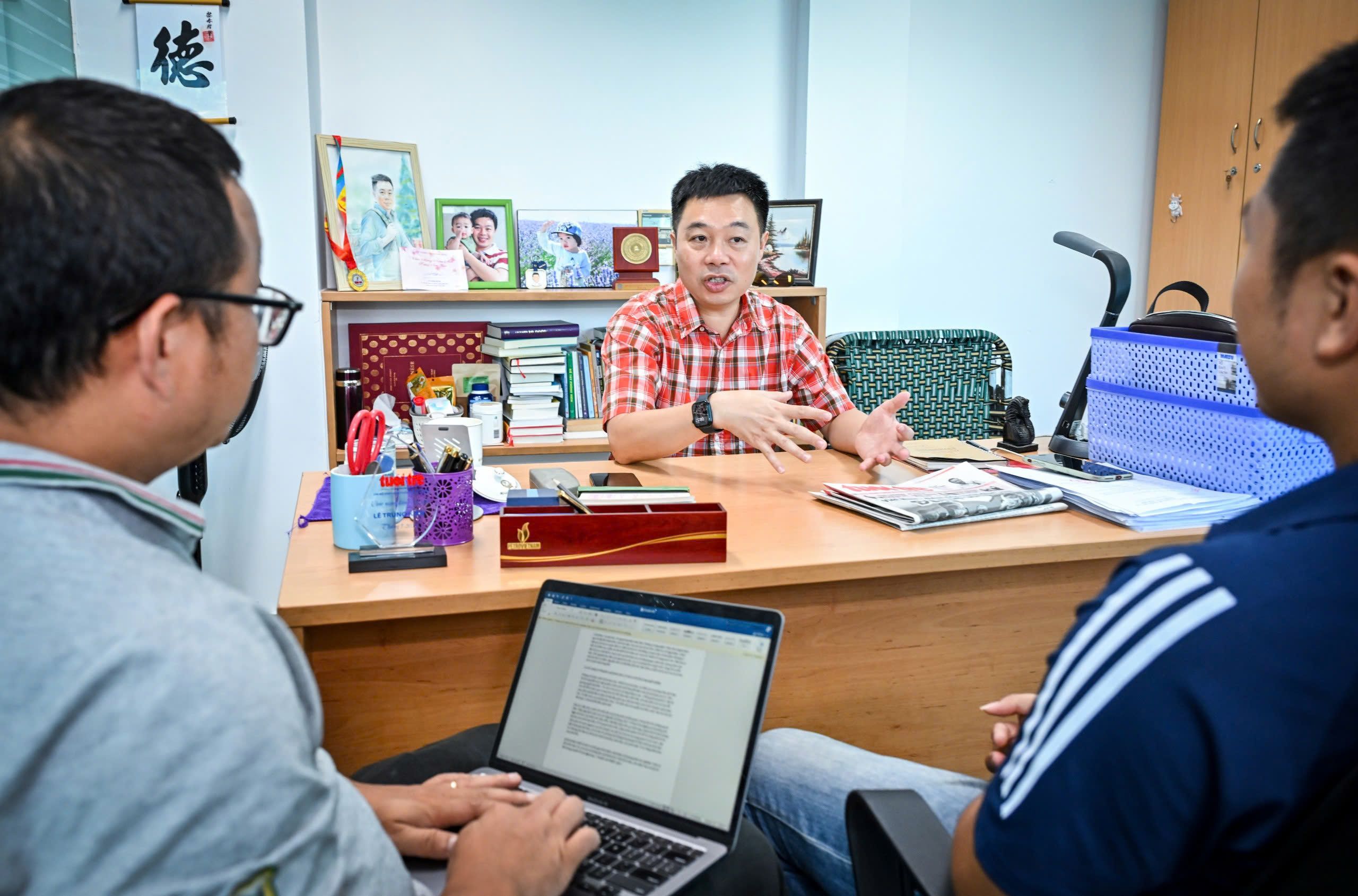
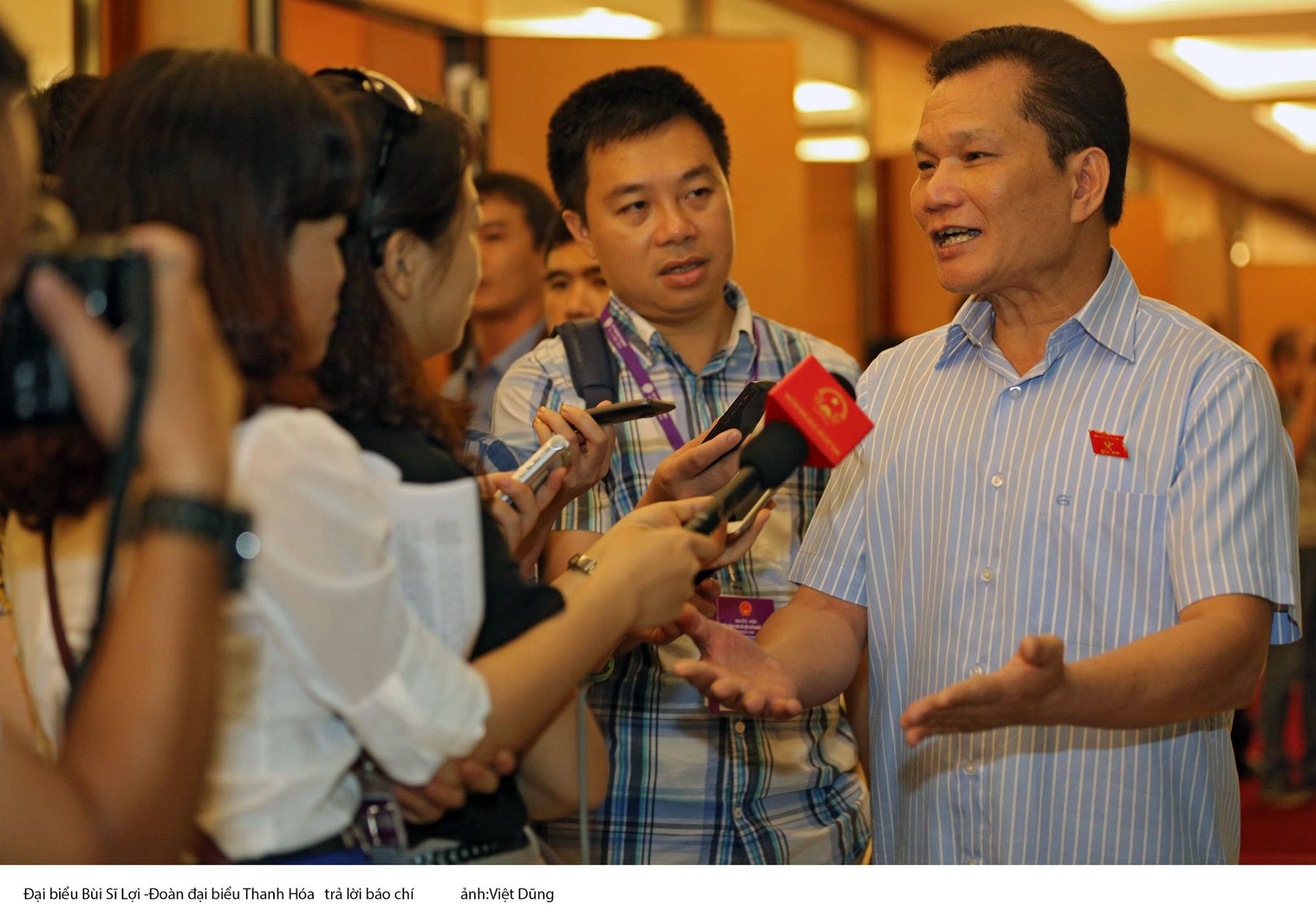
Journalist Le Kien works in the hallway of the National Assembly.
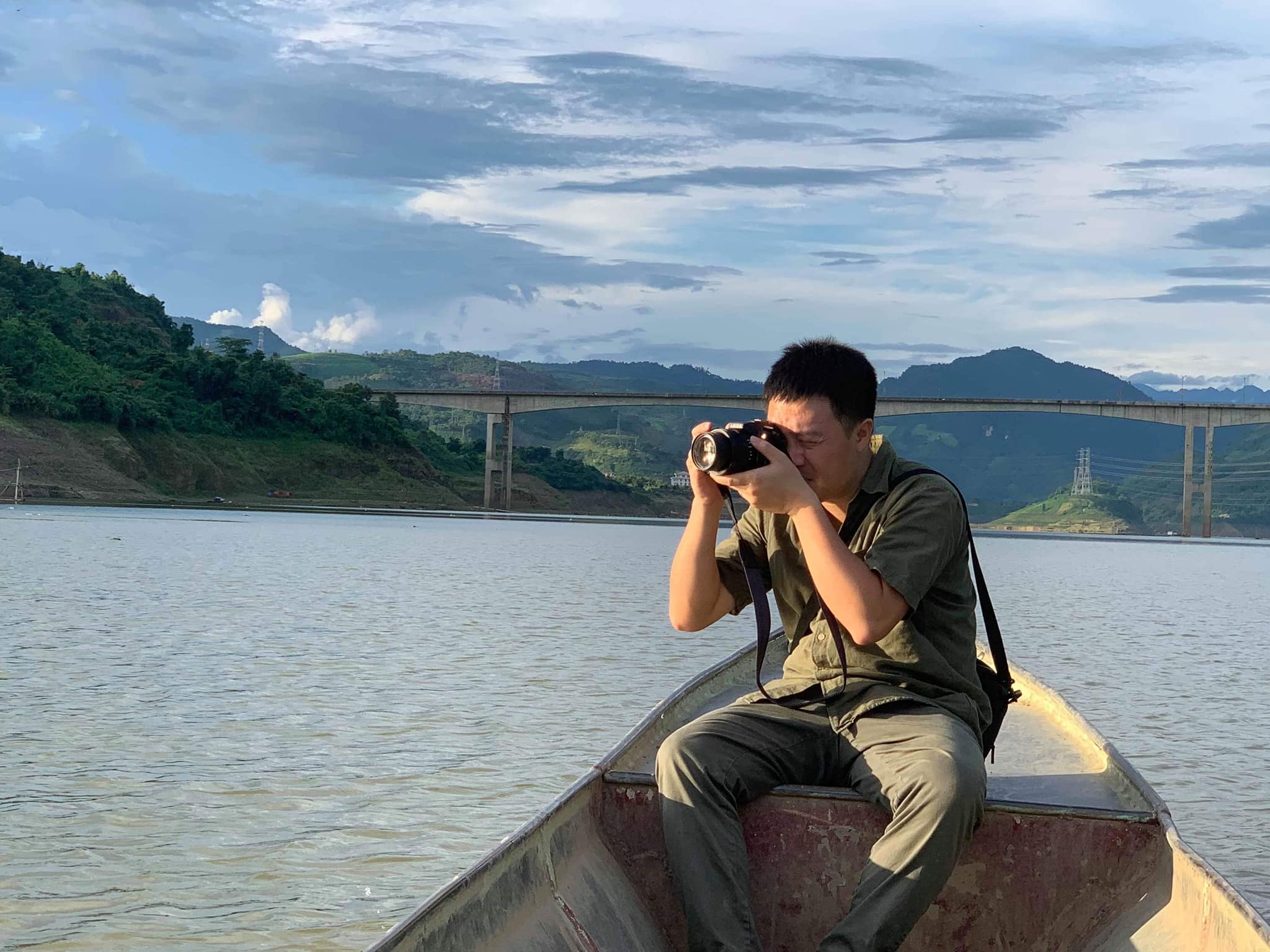
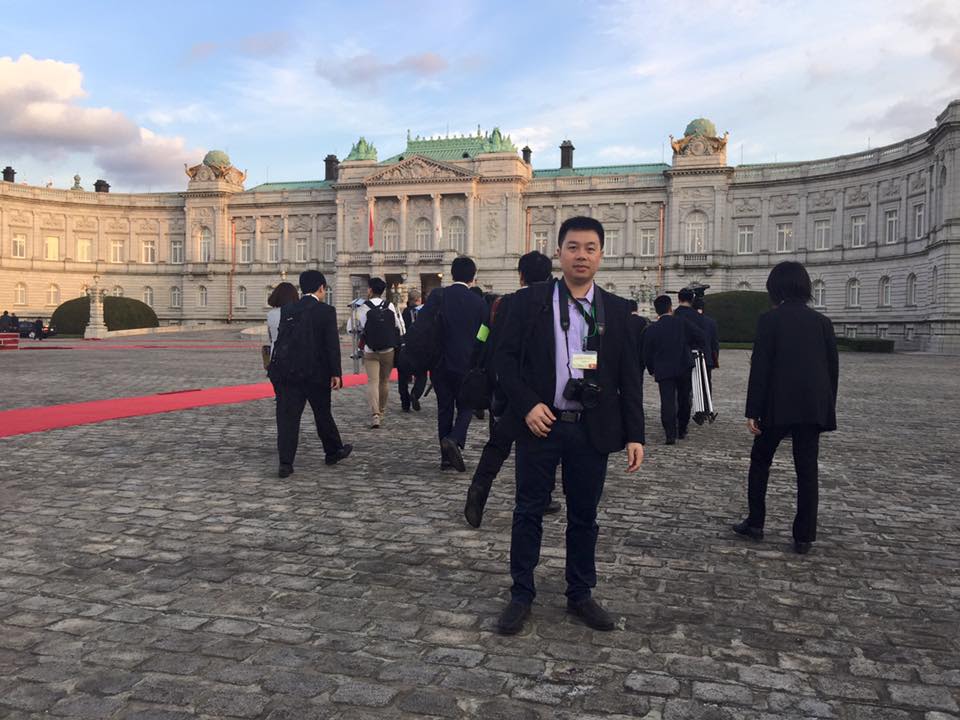
Journalist Le Kien on a business trip to Japan.
Source: https://nhandan.vn/special/phong-vien-nghi-truong/index.html#source=zone/mostread-news


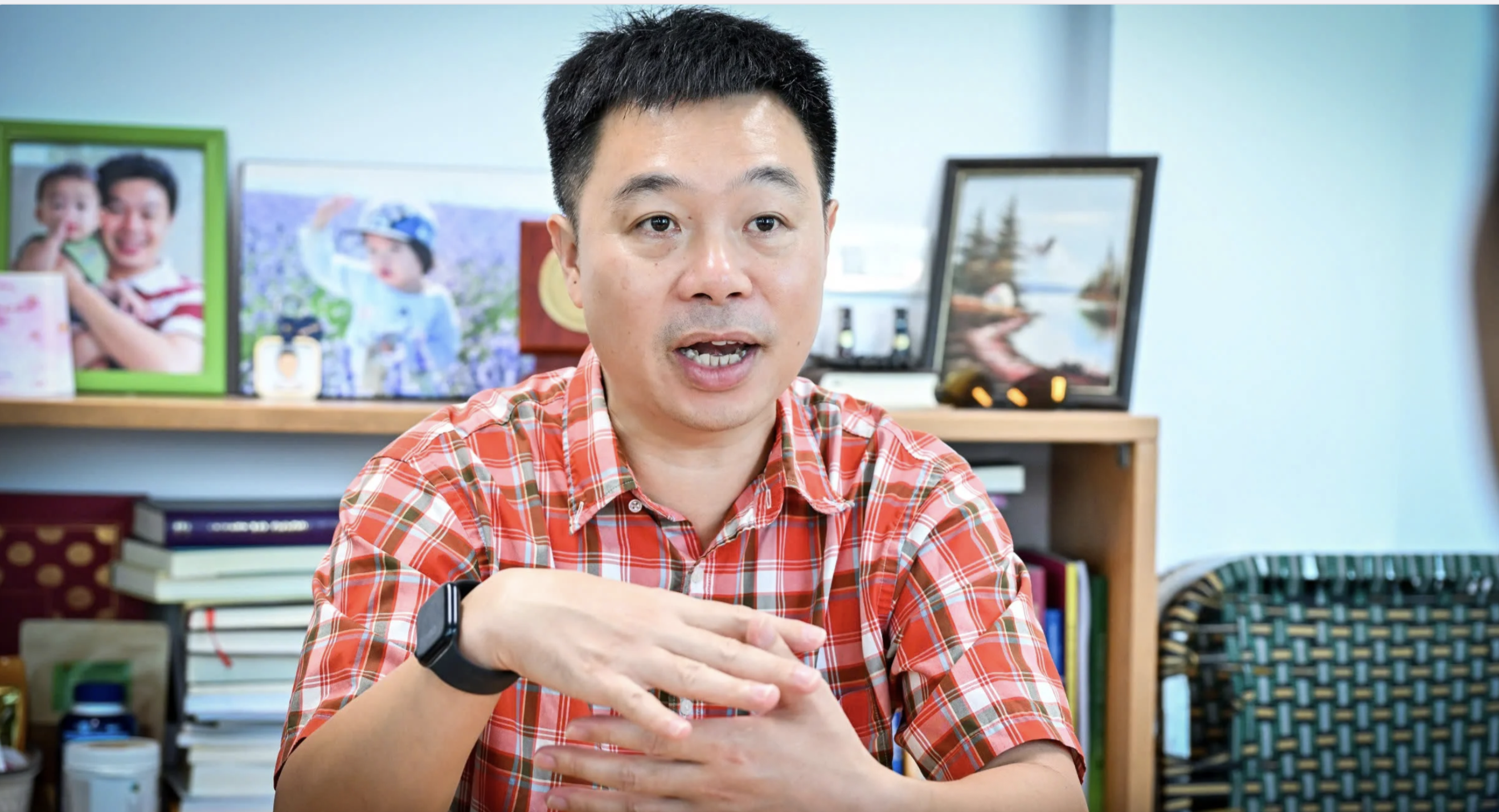
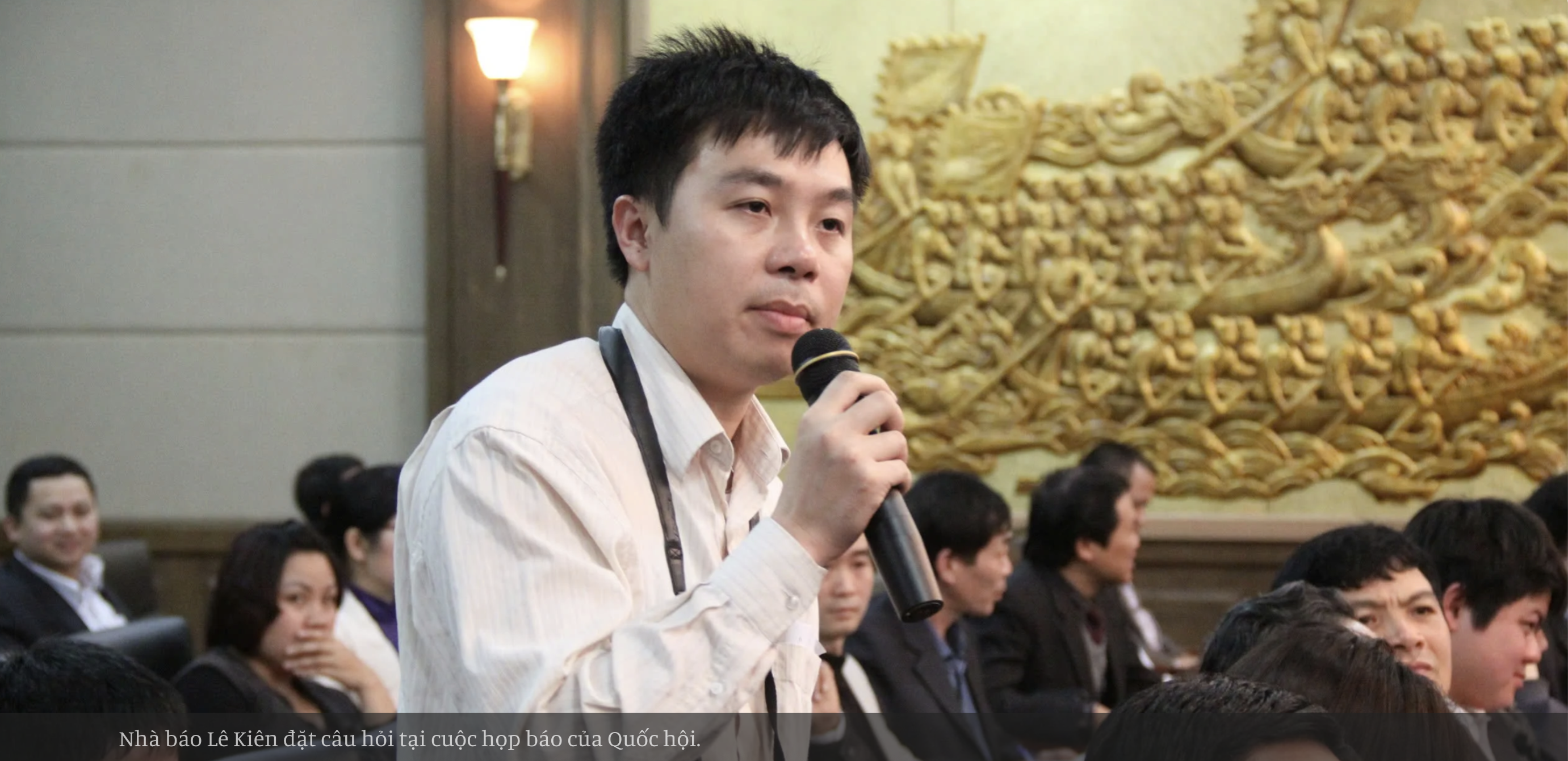
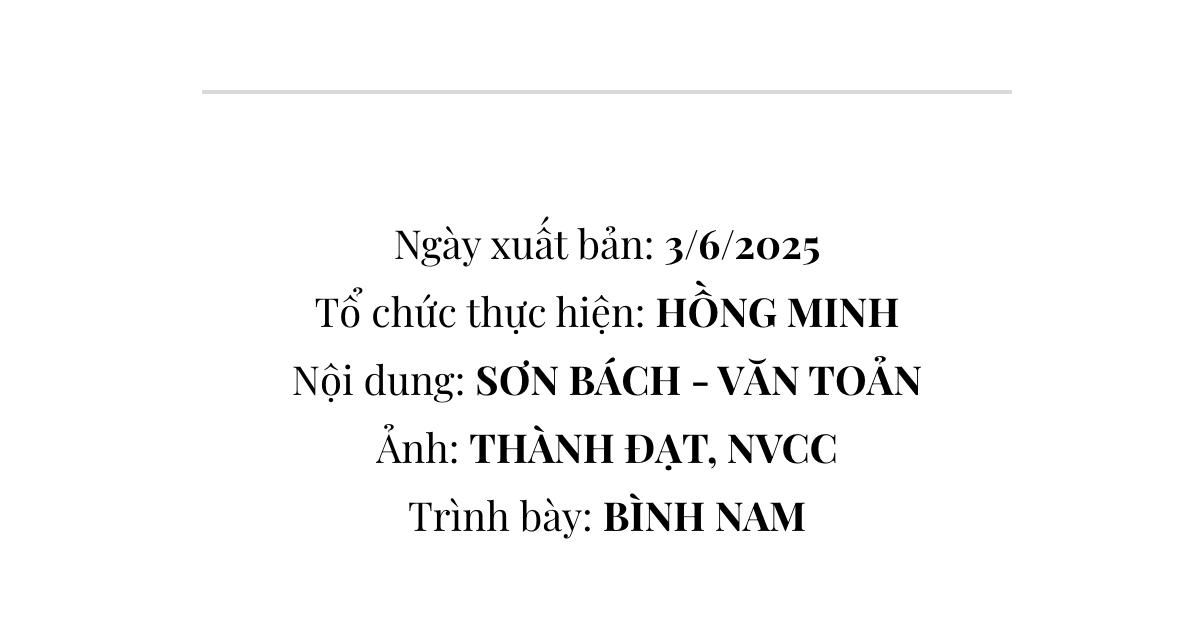






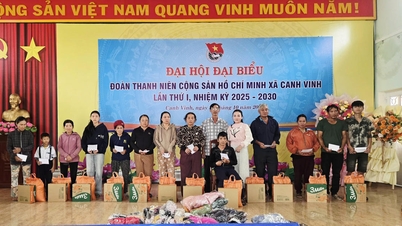

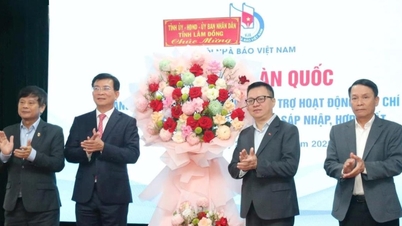

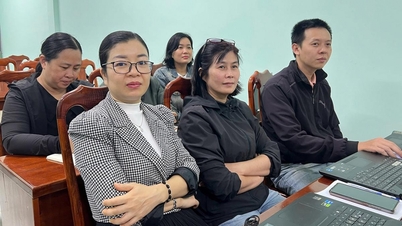

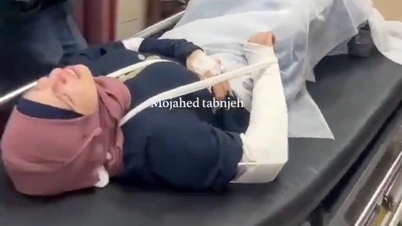

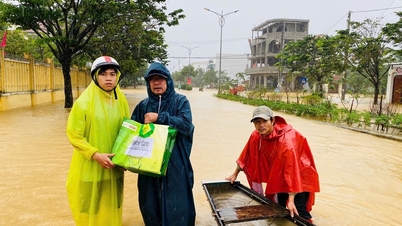

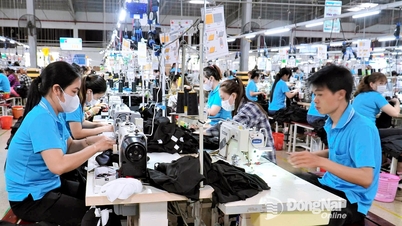
















![[Video] “Happy Vietnam 2025” Award: Contributing more beautiful slices of a humane and culturally rich country](https://vphoto.vietnam.vn/thumb/402x226/vietnam/resource/IMAGE/2025/12/07/1765120096965_gen-h-z7302026251876-0c4feb61bdc05ac1e4a8af98b1ba524c-701-jpg.webp)

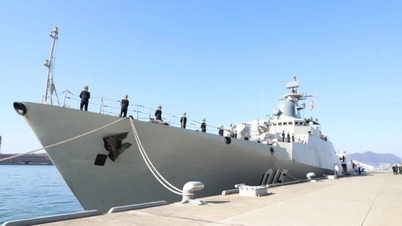
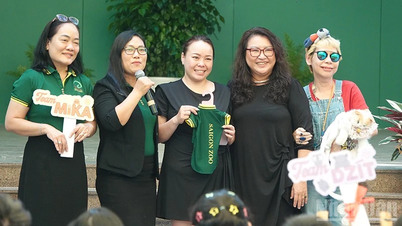
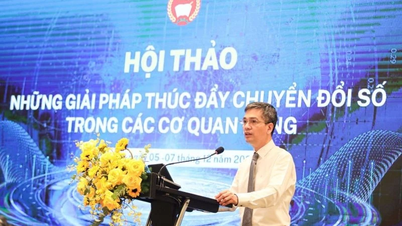
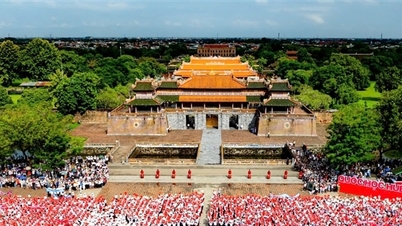

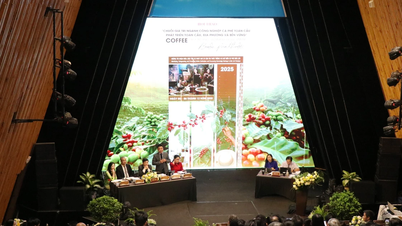





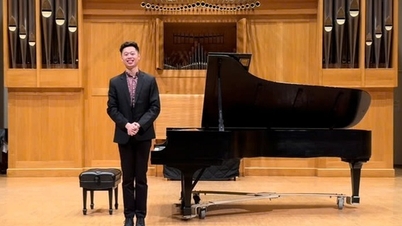

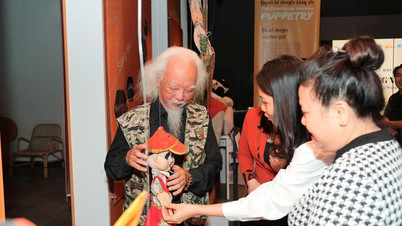

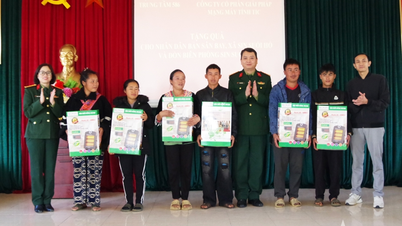
















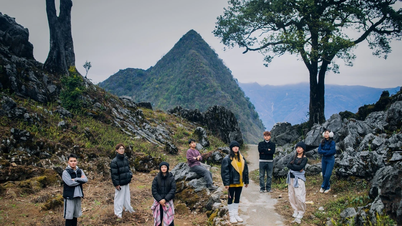
















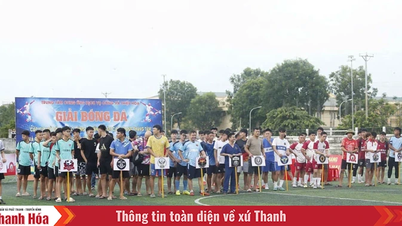

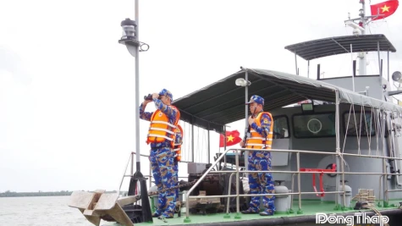

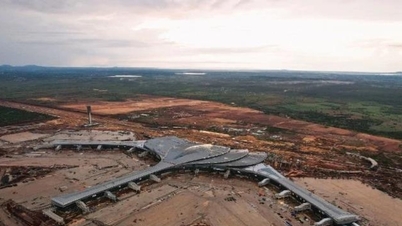
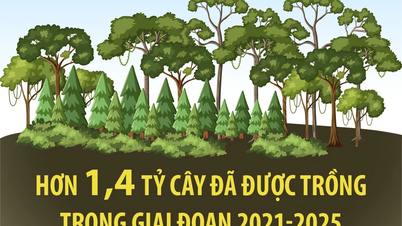

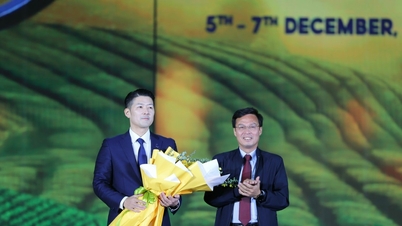













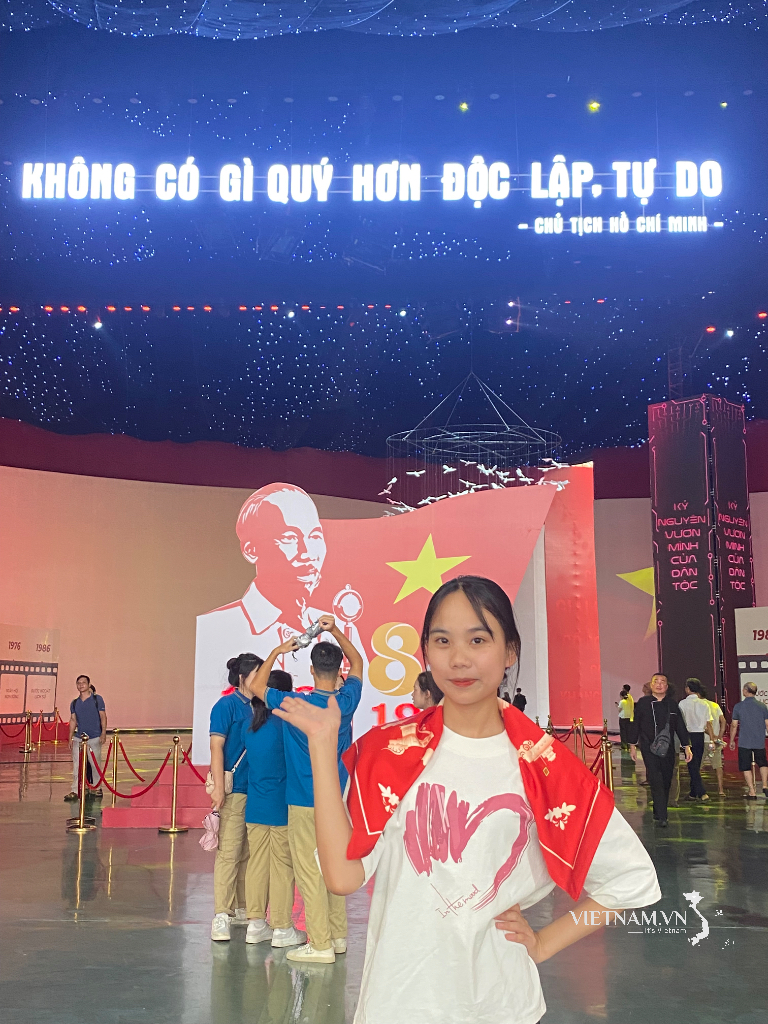




Comment (0)